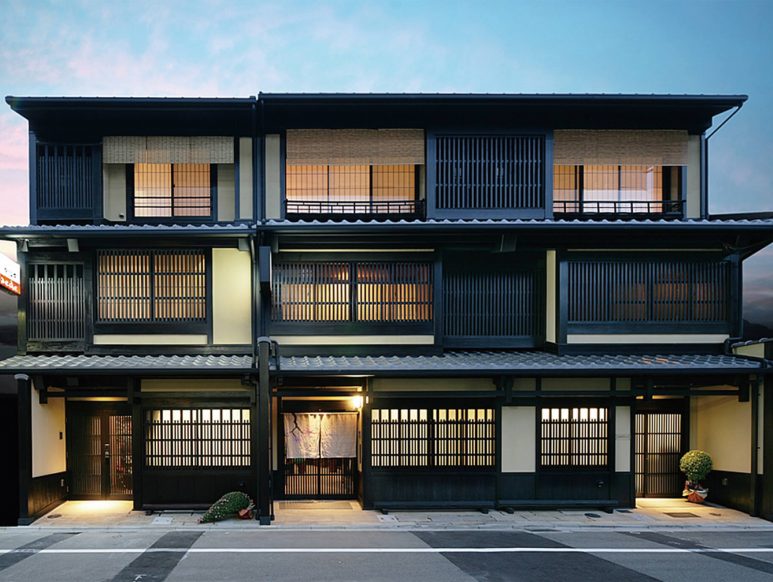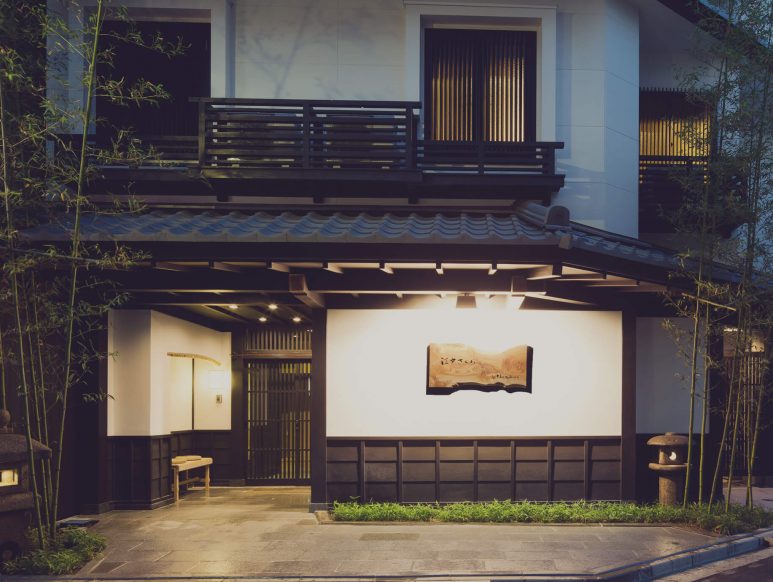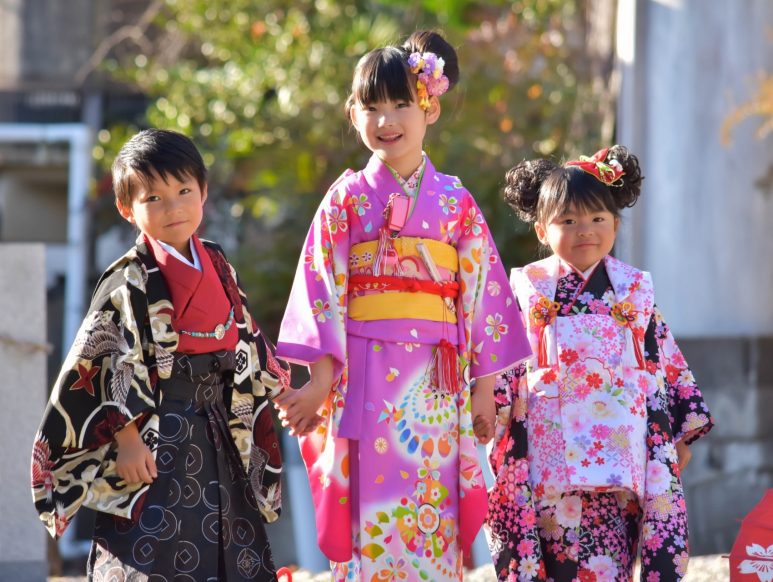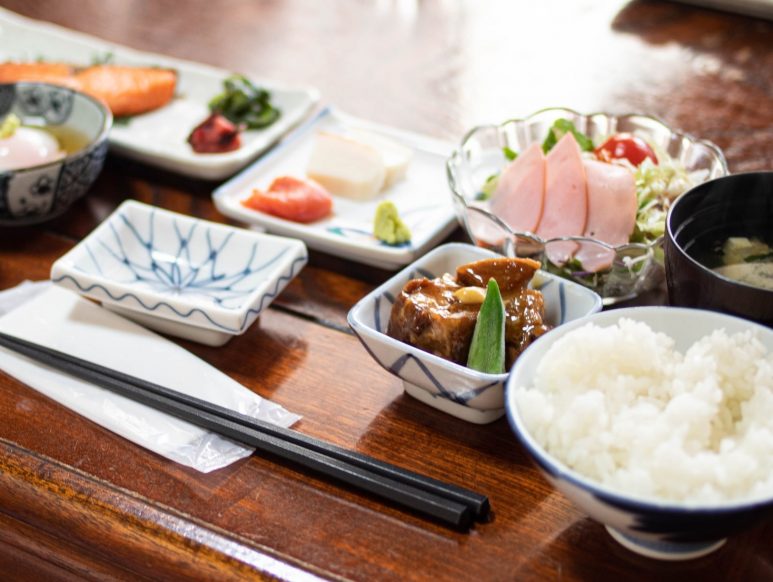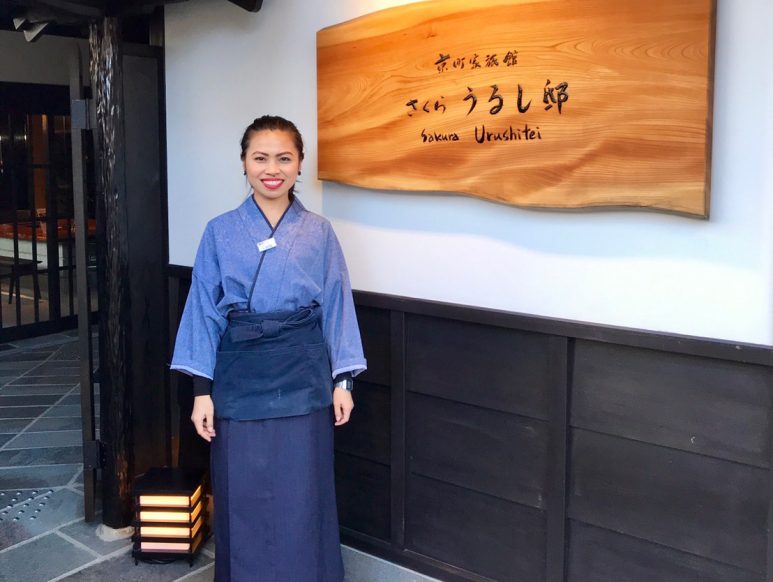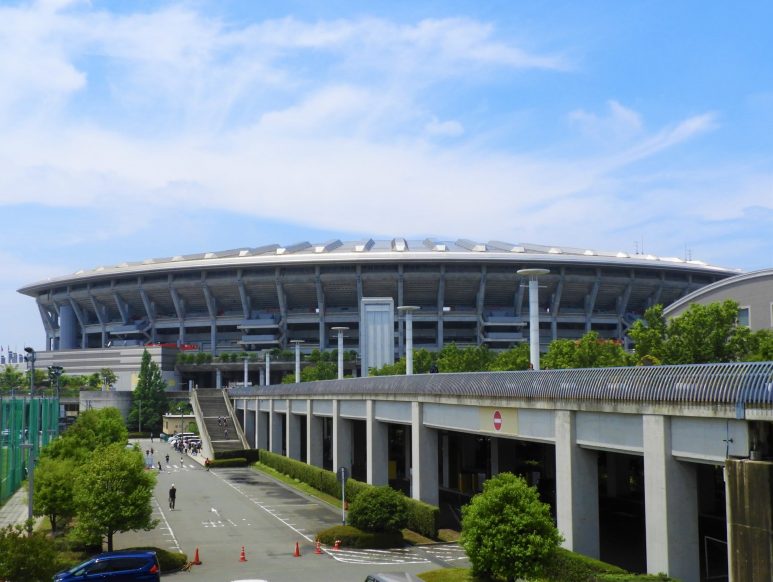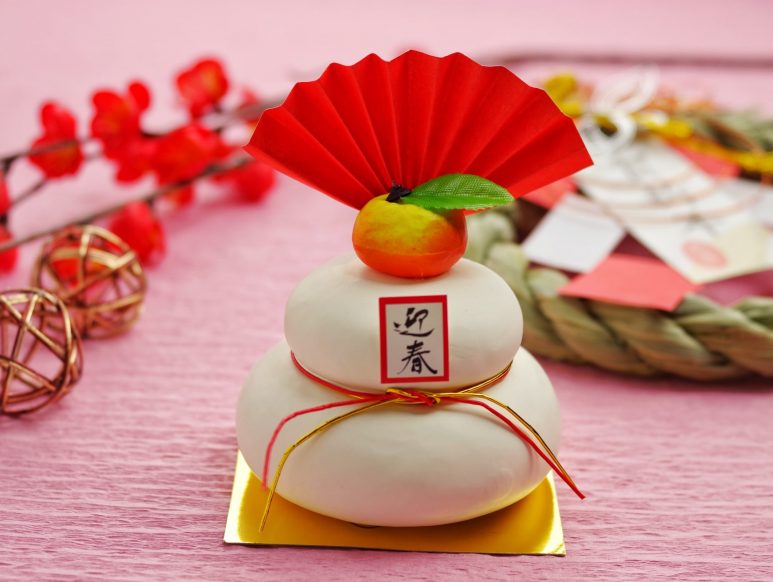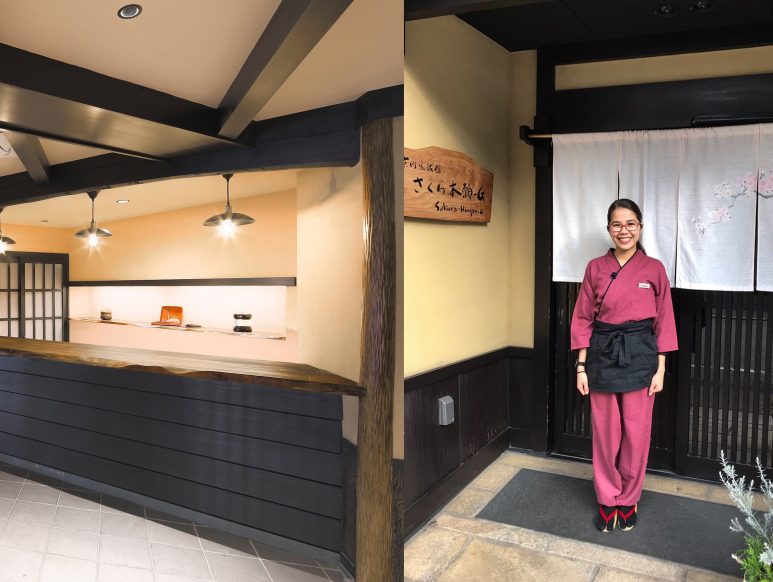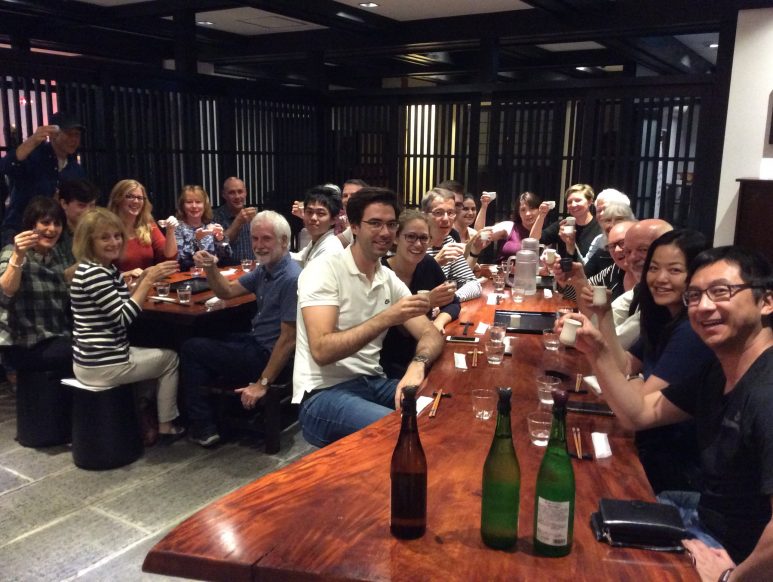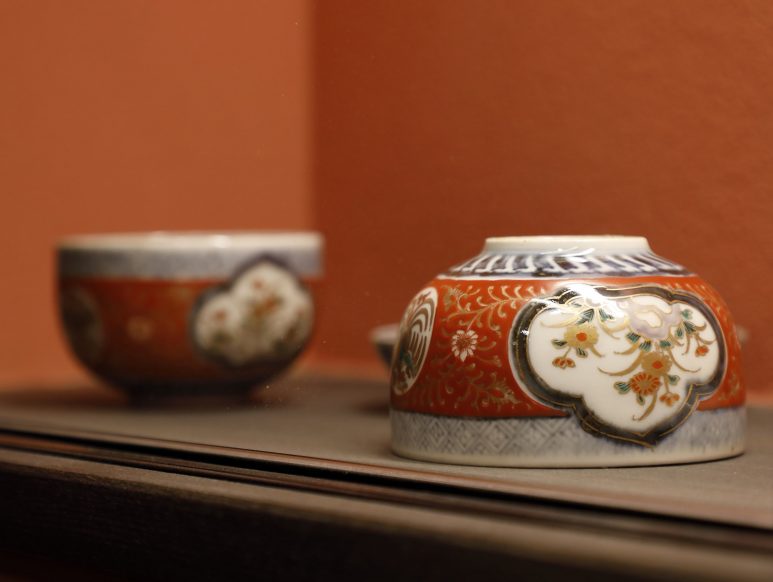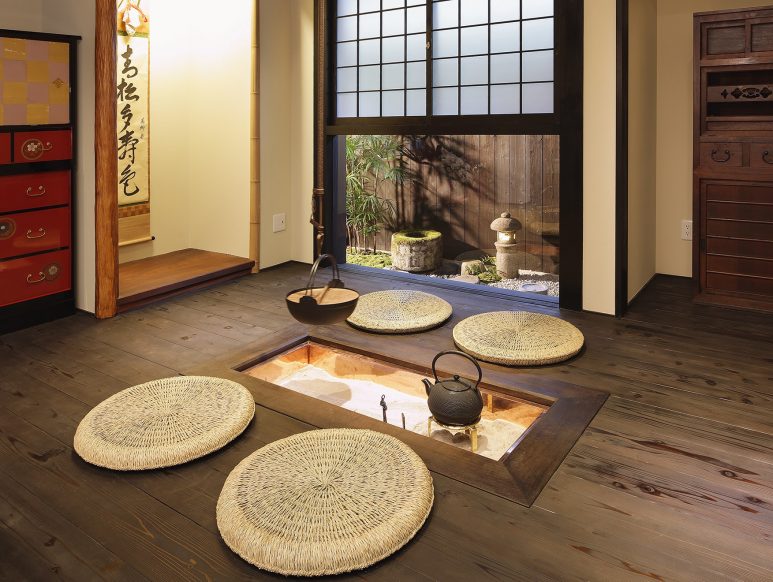Apr 1, 2020
- Edo Sakura
- Kyoto
- Sakura Hongan-G
- Sakura Urushitei
- Tokyo
João Rodrigues in Japan – when the religion and culture of the West met the East
To the first Westerner’s in Japan it was a mysterious world. It was the fabled isle of ‘Zipangu’ that Marco Polo had only heard about. The land of riches that Christopher Columbus set out to find. When the Portuguese arrived in Japan in 1543 they encountered a country embroiled in civil war. Witnesses to this world – both Western observers and Japanese wrote at these changing times. Theirs is a story of flowering culture, of poetic ritual, and of rigid power struggles. It is the saga of opening trade with Europe and then closing its door to the west. Out of all these we decided to introduce you the story and thoughts of João Rodrigues, a Portuguese missionary with an exciting and adventurous life.
The arrival of the Portuguese to Japan
The first Europeans to ever set foot on Japanese shores in the year 1543. As a buddhist monk later recounted samurai guards were quickly dispatched to warn their master. There were strangers onboard these ships. Unlike anyone the Japanese had ever seen. “On the 25th day of the eighth month of the year of the water and the hair there are people appeared off our western shore. A big ship. None knew whence it had come.” The local warlord called a ‘daimyo’ summoned these strangers. The daimyo was a type of feudal leader in Japan. The main roles of the daimyo in feudal Japan were to protect the shoguns and being rulers of people, land and property of the assigned area.
When these Portuguese merchants arrived, the daimyo was intrigued by their peculiar unknown weapons. After he watched a Portuguese shoot down a duck the daimyo purchased two guns and put his sword smith to work making copies. Then he asked for shooting lessons. These first Europeans, their guns and their religion would have unforeseeable consequences.
João Rodrigues – one of the first Europeans in Japan
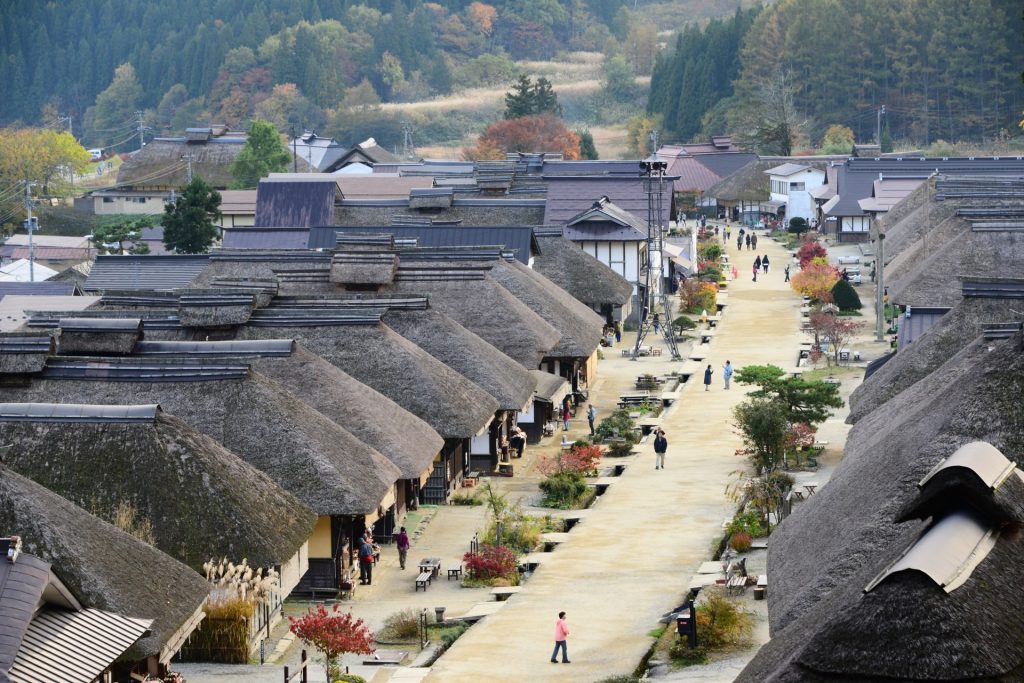
João Rodrigues an eyewitness to these perilous times was one of the first Portuguese to arrive in Japan. He came as a cabin boy of 15 and would soon become a Jesuit missionary. As Portuguese merchants traversed the oceans in search of new ports for trade Jesuit missionaries accompanied them searching for souls to save. The Jesuits were young and dedicated braving the hardships of the dangerous two-year voyage to reach Japan – a country which they considered ripe for conversion. João Rodrigues became a merchant, diplomat, politician and interpreter between the Japanese and foreign sailors. His fluency in eastern languages earned him a special relationship with key Japanese leaders during the civil war and the consolidation of the shogunate of Tokugawa Ieyasu. In this period he witnessed the expansion of the Portuguese presence and the arrival of the first English, William Adams.
During his more than 30 years in Japan, João Rodrigues became so fluent in Japanese he became known as the interpreter. He said in his later writings, “Tsukku-san’s my nickname as Japanese cannot pronounce my name … Tsukku’s a pun on the Japanese word tsuyaku – to interpret.” His work allowed him to observe all levels of society from the highest daimyo warlords to the lowest Japanese farmer. During this period, he wrote his observations on Japanese life, including political events of the emergence of the shogunate and a detailed description of the tea ceremony. His writings reveal an open mind about the culture of his host country, including praise of the holiness of the Buddhist monks.
João’s and the first westerner’s thoughts on the Japanese
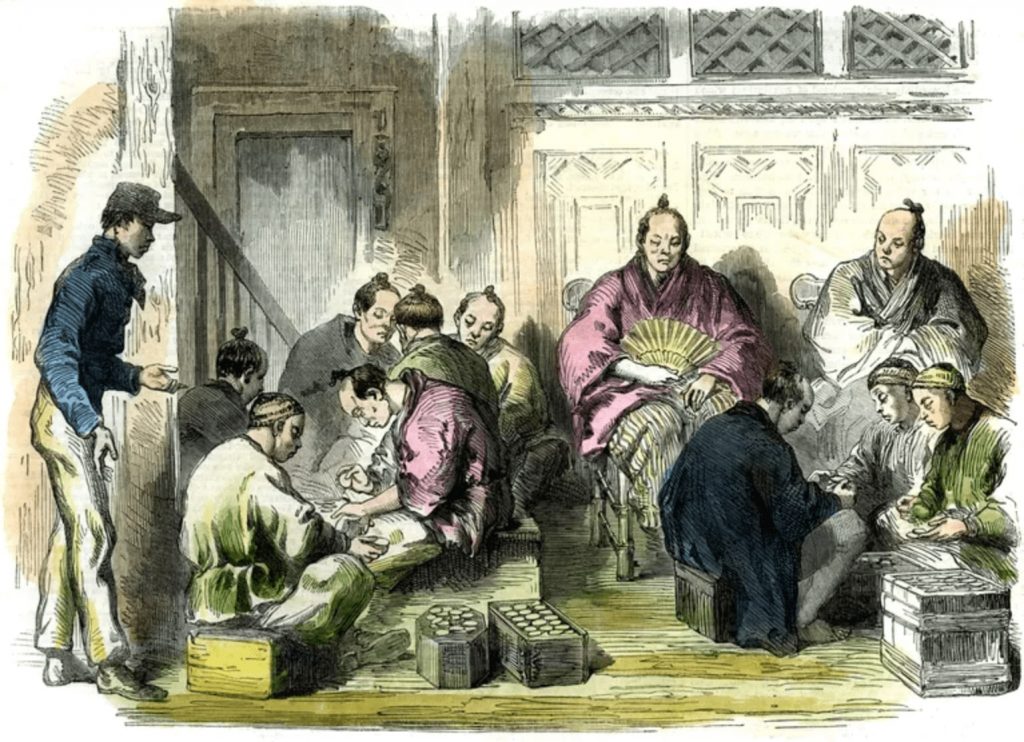
João Rodrigues, among other Europeans sent home tantalizing reports of an ‘alien world’.
“Everything is so different and opposite that they are like us in practically nothing. Now all this would not be surprising if they were like so many barbarians. But what astonishes me is that they be have as very prudent and cultured people in all these matters. This is something which I would not there to affirm if I had not had so much experience among them. “
The missionaries thought that the Japanese were such a remarkable race. Their culture was so developed, that it was worthwhile writing back to Europe about the culture which they found, the language the Japanese spoke and the very complex political system. Without any influence from Christianity, without any influence from Europe. This is the first time the Europeans dealt with Asians on equal terms and not as conquerors and conquered people.
“Their way of writing is very different from ours because they write from the top of the page down to the bottom. I asked a Japanese why they did not write in our way and he asked me why we did not write in their way. He explained, that as a head of a man is at the top and his feet are at the bottom so too a man should write from the top to bottom.”
“Every class of person – noble or humble – uses a fan throughout the whole kingdom. People who have business matters and other things which they wish to remember, write them down on their fans. They are always carrying these fans about in their hands. Opening them, shutting them, and looking at them. Nobody would go out into the street without one.
What the Japanese thought about the European missionaries and merchants?
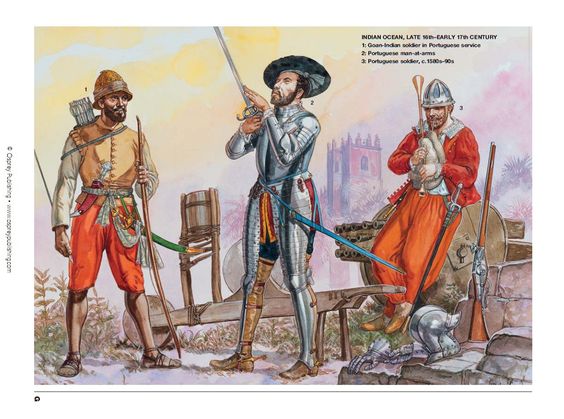
The Japanese, as João Rodrigues observed, regarded the Europeans with equal fascination. As he writes in his memoir: “They greatly wondered. that our big and long noses, big beards and red or fair hair and considered all these things as so many defects.”
They called them the “Southern Barbarians”, which is not a flattering term. Their eating habits were rather different. The Japanese were so polite eating with chopsticks, whereas in those days Europeans normally ate with just a knife and with their fingers. And then, most of the Japanese took a bath everyday, whereas Europeans went for months without taking a bath. To some extent they deserved the epithet of barbarians.
However they were regarded, the missionaries were determined to stay in Japan and spread their religion. In little more than 50 years these missionaries established over 200 catholic churches primarily in southern Japan and converted up to a quarter million Japanese to christianity. However, these were thank to the daimyos converting. When a lord converted he would bring pressure on his people because he had absolute power of life and death on the people below him. These lords had a certain considerations of commerce when converting as the Portuguese offered very profitable trade opportunities to them. It is a story of how the trade and cultural connection started between the west and Japan.
Rodrigues was one of the few men to speak both Portuguese and fluent Japanese as well as be familiar with Japanese customs and etiquette. His skills were called on for many diplomatic missions. Rodrigues stayed in Japan becoming the emperor’s commercial agent in Nagasaki until 1610.
If you are interested in Japanese arts culture and history, stick with us and check our other articles below.

